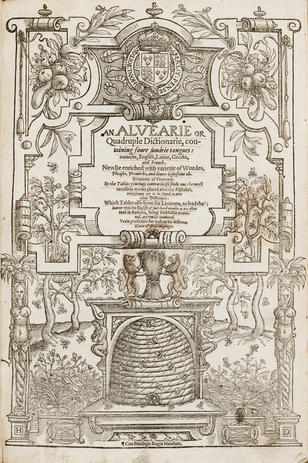16-17 April 2015
CALL FOR PAPERS
Across the colonial world, the nineteenth and twentieth centuries saw a flourishing of newspapers and periodicals – some fleeting newssheets, others enduring forums of discussion, some published by the colonial state, others by enterprising editors and entrepreneurs. In recent years, a growing body of literature has explored the role of these print media in colonial societies. This, however, has tended to focus on the content rather than the form, mining newspapers for information rather than considering their constitution. What’s more, it has tended to focus on certain publications and regions at the expense of others. This conference brings together scholars working in different disciplines on the colonial societies of Africa, the Middle East, East and South East Asia to consider colonial newspapers in a comparative perspective. It will consider the newspaper, the journal and the magazine as tools of education and government whose owners, contributors and readers often thought of these media as edifying publications. They were purveyors not just of knowledge about their own societies and the wider world, but also of political prescriptions, linguistic conventions, and ethical norms, which reinforced notions of the self and the other, the state and society, modernity and its lexicons. Together, we hope to encourage enduring and inter-disciplinary conversation amongst scholars about the place newspapers, magazines, and journals played in the constitution of vernacular modernity in various locales, and to lay down the foundations for a new global history of print in the long twentieth century.
Conference panels will focus on the following themes:
- Newspapers and periodicals as a didactic space or ‘encyclopaedia’
- Authorship, editorial policy, financing and the legal framework in which newspapers and periodicals in the colonial world operated, particularly relating to censorship, sedition, defamation and libel laws.
- The relationship of periodicals to the colonial state and the role of the newspaper in shaping modes of political engagement and mobilisation, and understandings of the public.
- Language and the role of newspapers and periodicals in standardising and popularising vernacular language and new lingua francas.
- The visual in colonial newspapers (illustration, caricature, photography, typography, lay-out).
A comparative perspective, engaging with the methodological questions at hand in several settings, is encouraged. Papers for the conference will be pre-circulated to allow for maximum discussion, and participants will be asked to have their papers ready by 1 February 2015.
The organisers, Andrew Arsan, Emma Hunter and Leslie James, welcome abstracts of no more than 250 words in .doc or PDF format to the following email address:
newspapersinthecolonialworld@gmail.com
Please include a position, institutional affiliation, and email address in your abstract.
The deadline for submission of abstracts is: 15 June 2014.

